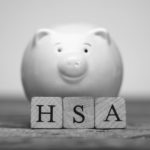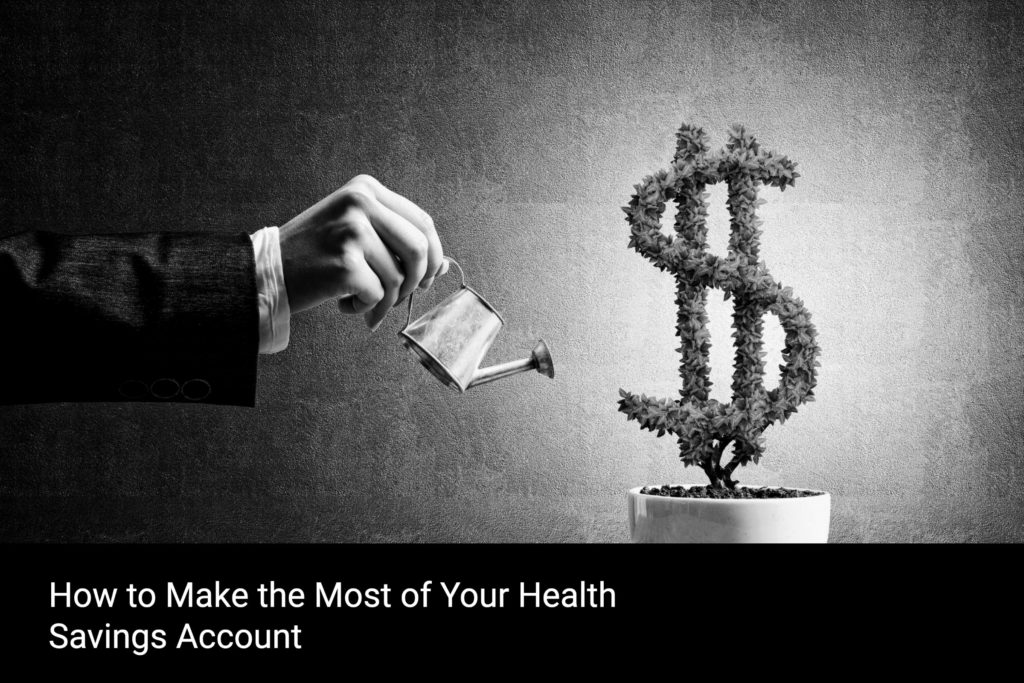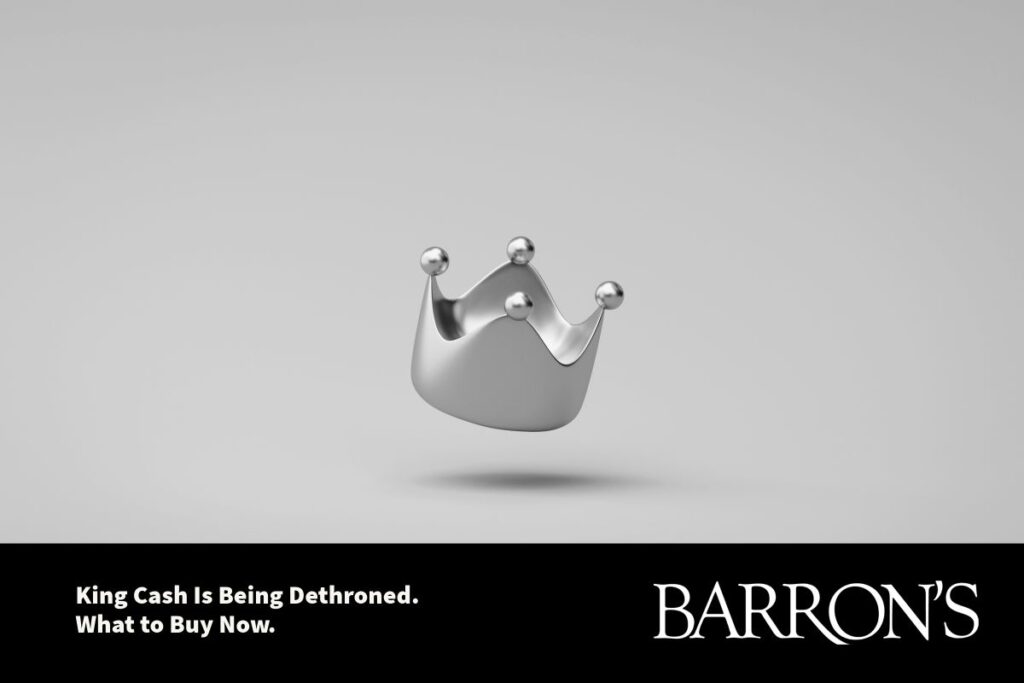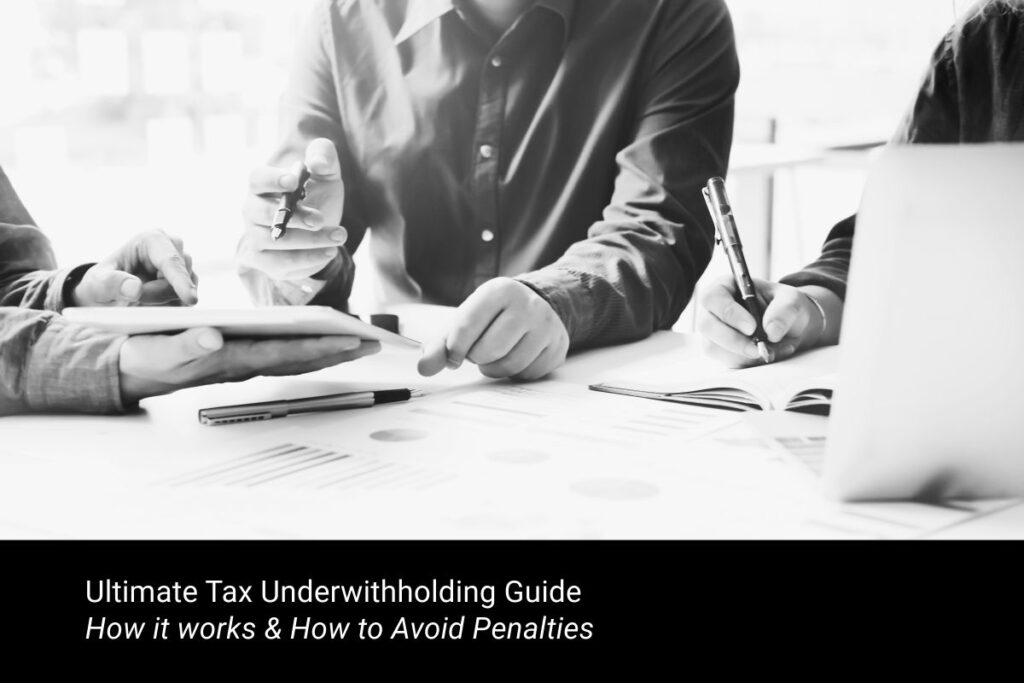Use Your HSA to Boost Your Savings and Build Your Wealth
If you have a Health Savings Account (HSA) you probably already know how awesome of a tool they can be. The triple tax-advantaged benefit that comes with them makes them a powerful mechanism to accumulate wealth and reduce taxes. In this article, we’ll go over ways you can maximize this account.
Create A Plan
The first order of business should be constructing a comprehensive financial plan. One reason why this is especially critical when using your HSA is that your financial plan will plan for a worst-case scenario. That is why we generally recommend that if you are covered by a High Deductible Health Insurance plan, you have a way to pay one year’s worth of maximum out-of-pocket expenses. Ideally, you have cash on hand for this built into your emergency fund. The cash to cover this also does not necessarily need to be in your HSA for this (more on this later).
Invest It
When I do financial plans for clients, and we are reviewing their balance sheets I always get a little excited when I find that they have an HSA. However, it is incredibly common when popping open the hood of their HSA to find it just sitting in cash. One of the reasons for this is that it isn’t like a 401k where you can land in a target date fund or something along those lines by default and end up fully invested. It also is an account type that many people are still learning about and therefore it becomes natural to have it sit in cash in case you need it. However, this is why having a financial plan that outlines your investment strategy for all your accounts including your HSA is important. There aren’t many accounts that are going to give you tax-free growth and potential tax-free distributions. If your plan allows you to invest and maximize the dollars in the account, you should explore this route.
Defer Using It
A logical thought that you may have if you have an HSA is to use the account whenever qualified medical expenses arise. However, if you are in a financial position to pay for those expenses from other sources, we generally recommend that you take this route. The reason why is that triple tax benefits the account should be preserved and maximized if possible. There is a reason why the contribution limits are a lot lower than the limits for a 401k. If you can hold off on touching those funds and instead invest them over the long run, you can create a nest egg that can help supplement medical expenses as you get older. For example:
- Let’s assume you are 35 and married with an HSA.
- It’s your first year with it and your health care plan covers your whole family so you put $7300 in it, maxing it out.
- Assuming you continue to max it out, contribution limits remain the same, and grow the account at an annualized 7% rate of return your HSA in 20 years is now worth roughly $327,516

Nearly one in five Americans who are in their 30s has a Health Savings Account HSA. As Health Savings Accounts have now fully entered the mainstream, so have questions on what exactly they are and how to maximize them. In this article, we will review the basics of HSAs and how they can fit into an effective financial plan.
This alone could act as a long-term care supplement if you aren’t paying for long-term care insurance and can help cover unexpected medical bills. This is why we generally recommend if you can fully invest your HSA and have cash for medical expenses held in a different account like a brokerage or savings account, take this route.
Create Another Retirement Account
If you recall, a Health Savings Account, when used for non-qualified medical expenses, ordinary income tax, and a 20% penalty are owed. However, after age 65 the 20% penalty no longer applies. This means that you could still use the funds in your HSA tax-free for qualified medical expenses. However, if you wanted to take a distribution for non-qualified medical expenses you would only need to pay ordinary income tax on the distribution. Let’s look at that example again:
- You grew your HSA from $0 to $327,516 from age 35 to 55
- Let’s just assume at 55 you stop contributing to it, but you grow it at a 7% annual rate of return still.
- In 10 years, by the time you get to 65, the account is now worth $644,274
That’s money you could use completely tax-free for qualified medical expenses or as another retirement account. Imagine having that amount to complement your 401k or other retirement accounts. The more savings buckets like this you have, the more flexibility you create in your financial plan to live the life that you want.
Reimburse Yourself
If you have an HSA and are in a position where you need to use it, you usually will have a debit card associated with the account that you can use for qualified medical expenses. However, if you have a credit card that pays you cash back, use that credit card, and pay it off right away. The reason for this is that your Health Savings Account will allow you to reimburse yourself for qualified medical expenses. This will allow you to get cash back on your qualified medical expenses and to fully cover them with the HSA. Make sure you are keeping good records and receipts in the event of an audit to support that your reimbursements were indeed for qualified medical expenses.
What You Should Do
Hopefully, you are excited about your HSA after reading this. It is a powerful financial tool that can not only cover medical bills but also serve as a long-term wealth accumulator. I highly encourage you to get a financial plan done to maximize this savings bucket as well as the rest of your accounts. Please set up some time to learn more about planning with MDRN Wealth or reach out if you have any questions.











